Don’t Undermine Your Credibility – Here’s How to Avoid Personal, Professional, and Client Conflicts of Interest
By: Julie Smith-Taylor, APR
In PRSA’s Ethical Standards Advisory #11, our members learn about eight different ways conflicts of interest have the potential to undermine or compromise the impartiality, credibility or trustworthiness of a professional. The Advisory also identifies at least three code provisions and four professional values that are related to this issue.
Read on to learn more and see how you would react in six very common sticky situations related to conflicts of interest and how it aligns with PRSA’s recommended solutions and best practices.
We live in a very competitive world, where, by definition, individuals, corporate and public interests are in conflict. Professionals must avoid conflicts of interest as well as the appearance of conflicts of interest in situations where you might benefit unfairly, or perhaps a family member would, or even situations where your specific knowledge as a professional could be used to the detriment of your client.
What Would You Do?
Here are 7 scenarios that focus on personal interest conflicts, client conflicts and professional conflicts:
Scenario 1:
You have a personal interest conflict. You are working for a large corporation on a brochure. Your PR firm recommends that you use the service of a printing company who has the best quality and price. However, your spouse is actually the owner of the printing company. Do you say anything?
Recommended solutions: Inform your boss of the relationship you have with the printing company and remove yourself from making the decision.
Scenario 2:
You have a personal interest conflict. A professional colleague approaches you for inside information about the progress of a PR firm search of one of your clients. You are advising your client (a long-term relationship) on elements of the search, as well as candidate firms to interview. Whichever way the search turns out, your relationship with this client is likely to continue. There is little personal risk to you if you decide to share information with your friend. Do you tell your colleague about it?
Recommended solutions: Decline to inform your colleague about the search. The information is not for you to give and doing so would violate your client’s trust. Furthermore, you do not know your colleague’s motivation in trying to obtain that information. Suggest to your colleague that he addresses his inquiry directly to your client. You could also inform your client of the inquiry to find out if the information is confidential or not.
Scenario 3:
You have a client conflict. Your agency represents a soft drink company in your satellite office in San Francisco. The managing director of your office in Beijing informs you that the agency has been approached by another soft drink company for a PR campaign. The soft drink company is a direct competitor of your client in San Francisco. Do you say anything?
Recommended solutions: Inform your current client in San Francisco that your Beijing office has been approached by the competitor. If your client sees no objection (different markets) you are free to pursue the relationship with the competitor in Beijing. – If your client in SF objects to your company working for the competitor in Beijing, you either resign the account with your current client in SF and pursue the business opportunity in Beijing, or you decline to work for the Beijing client.
Scenario 4:
You have a client conflict. You have just begun advising a local independent medical school as they begin a search for a long-term partner institution. Quite by accident you come across some old client files that indicate that you advised a competing school in the past and that school is still a competitor and the most likely candidate for merger with your current client.
Recommended solutions: Inform your current client of your past relationship with the potential merger candidate. Do not divulge to your current client any information you might have in your files about the potential competitor. Inform your past client that you are now representing the new client.
Scenario 5:
You have a professional conflict. You are working for a large public relations firm. One of your corporate clients informs you that he needs an attorney specialized in a specific area of the law and asks you to identify one. Your best friend is an attorney with the exact profile your client is looking for. Your friend had promised you that he would pay you a $2500 “finder’s fee” for any new client you brought to his firm. Sounds like a win-win, right?
Recommended solutions: First find out of you have the right to accept the finder’s fee according to both your company’s guidelines and the law firm’s guideline. If it is acceptable, you inform all parties. If none have an objection, you can take the money.
Scenario 6:
You have a professional conflict. In casual conversation with another professional you find out that the medical organization he works for has been having some unusual problems in surgery at their outpatient surgical center. There have been a number of incidents where a specific medical device has broken off during implantation on patients. The fragment remains in the body after surgery and shows up in later X- rays. They can be easily removed.
Recommended solutions: If the information is true, encourage the professional to inform the in-house legal counsel and/or the board of the medical organization where the problem is occurring. If he or she refuses to do so or if no action is taken, you report what you heard to the medical or legal authorities. Identifying the source of your information is a decision you will have to make.
7 Recommended Best Practices from PRSA:
- Use common sense. If the relationship, situation or decision fails to pass the laugh or the straight face tests, avoid or terminate the activity.
- Get independent, knowledgeable outside help in determining whether you are facing a conflict of interest.
- Deal with the appearance of a conflict of interest as seriously as you would with a real conflict.
- Presence or absence of conflicts of interest can only be determined by all parties affected. Whatever the number of parties involved, it takes objection from only one to establish a conflict.
- Larger agencies are beginning to solicit and take on competing clients, claiming to provide appropriate separation of client interests, special or proprietary knowledge, and the risk of conflict. Strict, continuous vigilance and immediate disclosure to affected parties are required to prevent, detect, deter and promptly expose conflicts of interest.
- If a situation, relationship or decision takes more than 150 words to explain why an apparent conflict of interest situation is in reality free of conflict, the situation will always have the appearance of conflict.
- If a situation has the appearance of conflict it most likely is a conflict of interest.
The three Code Provisions related to this topic include:
- Disclosure of Information. Open communication fosters informed decision-making in a democratic society
- Conflicts of Interests. Avoiding real, potential or perceived conflicts of interest builds the trust of clients, employers and the public.
- Enhancing the Profession. Public relations professionals work constantly to strengthen the public’s trust in the profession.
The four Professional Values that are related to this topic include:
- We adhere to the highest standards of accuracy and truth in advancing the interest of those we represent and in communicating with the public.
- We provide objective counsel.
- We are faithful to those we represent, while honoring our obligation to serve the public interest.
- We deal fairly with clients, employers, competitors, peers, vendors, the media, and the general public. We respect all opinion and support the right of free expression.
Please remember that all PRSA members pledge adherence to the Code of Ethics. As issues arise relating to the practice of communications, the PRSA Board of Ethics and Professional Standards (BEPS) provides guidelines through an Ethical Standard Advisory (ESA). The current 21 ESAs are for informational purposes only and not for the purpose of providing legal advice. Please consult an attorney to obtain legal advice regarding your specific situation.
Check out ESA #11 at www.prsa.org once you login and look under MYPRSA for more information. I’m also including a link to the entire Code of Ethics here.
Good luck! Please reach out to me should you be facing an ethical dilemma or have any questions that I might answer or at least put you in touch with someone who can help.
I look forward to sharing more content, offering guidance, solutions and providing resources on ethical matters in the months to come. If you would like to reach me, have questions or ideas of topics I should cover in this column, feel free to email me at juliesmithtaylor@gmail.com or call 760-213-5686 cell.
About the Author
Julie Smith-Taylor, APR is the owner and founder of Taylor PR Strategies. She earned her accreditation in public relations in 1993. This early career achievement opened the door to serving our PRSA chapter in a wide variety of board positions and committees through the years. Smith-Taylor was also the 2013 Chair of PRSA’s Western District and the 2019 Chair for the Opening Night Reception Committee for PRSA’s ICON held in San Diego.




